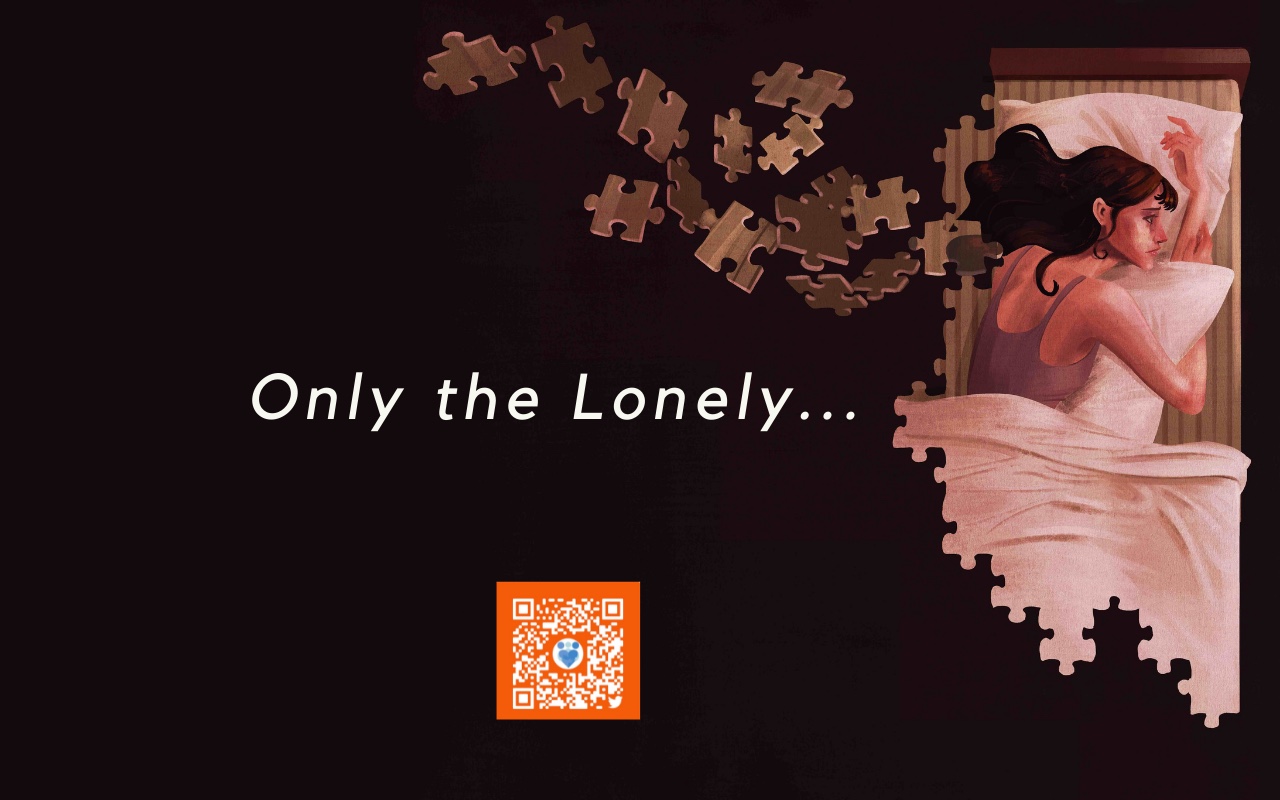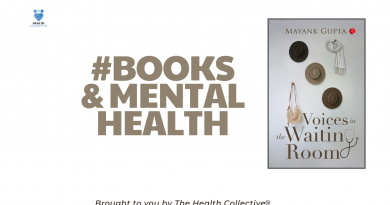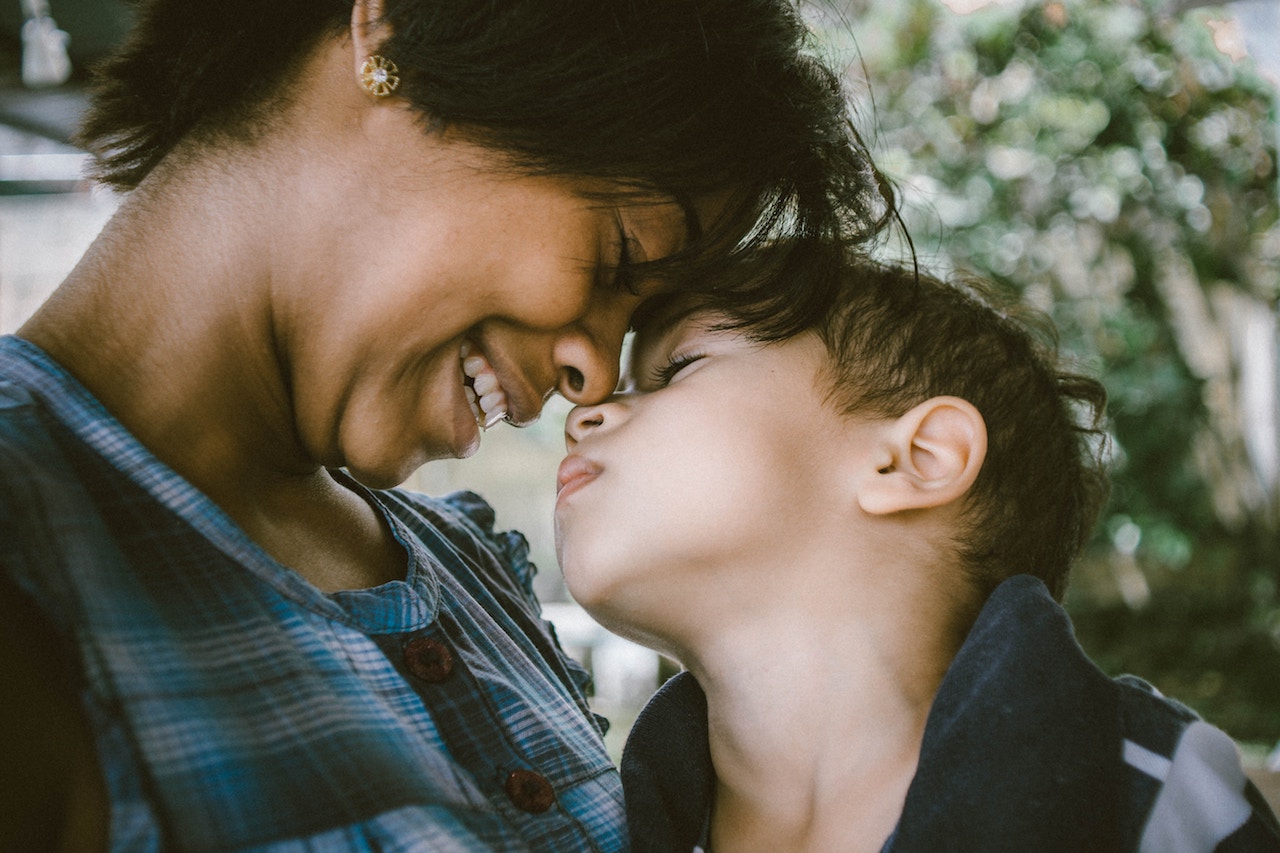Lonely and Depressed? We Need to Talk About Care Networks
By Ayushi Khemka
If you are on social media, chances are pretty high that you would have come across some or the other post, unpacking mental health concerns and issues, be it through listicles, relatable film characters, explanatory content or even memes! It is quite safe to say that if you can access social media in English language, then you will get introduced to the niche of mental health content today or tomorrow; it will happen. A lot of this content often talks about depression, one of the most common mental illnesses in the world. While this entire barrage of content can sprinkle in some particles of hope and forward-thinking, undercutting the years of stigma around mental illnesses on a macro level, it can also remind a person living with depression that they are not alone, on a micro level.
Sometimes this remembrance could be the result of big bold letters written on top of a neat background in soothing colours that shout and whisper at the same time, “You are not alone.”
Though coming from a position of good faith, the way these statements are thrown at us can sometimes make them seem devoid of any meaning or substance. The sheer saturation that social media content with similar language and intense glorification of therapyspeak brings in can make Instagram a task too, says Abhilasha Jain, a 29-year old PhD student and podcaster, living with depression and anxiety. That is quite a conundrum that any social media content finds itself in, something that one can perhaps discuss at a greater length sometime later. For now, let us redirect our attention to the aspect of loneliness and depression.
While the pandemic has brought in years of physical isolation and a continuous form of distress in people’s lives, it has also pushed those with privilege and access to social media to utilise the digital spaces in order to compensate for the physical distancing by staying socially connected in whichever little way possible. However, it would be incorrect to direct this negotiation with loneliness to the pandemic temporality. For instance, the UK government established an entire ministry of loneliness back in 2018, in order to challenge the “sad reality of modern life”. It is thus evident that loneliness affects every single individual on the planet at some point in their lives; it is also true that when mixed with the condition of depression, it creates a pretty devastating vicious circle. Allow me to explain. Depression comes with a feeling that makes you think that nobody gets it, nobody gets you. A young author and person with lived experience of depression, Arjun Gupta describes loneliness to The Health Collective as a feeling where one knows that they do not belong to that place they are in at that moment but also “being unaware of where this belongingness will come from.”
The added work that comes along with depression adds to the loneliness that often becomes an “everyday part of oneself” as Jain puts it, can render depression in quite a different segment as compared to say physical illnesses. A fundamental example of this could be that if you are battling a physical illness, rarely do you have to explain it to others that your illness is actually an illness, let alone the treatment and help that you would want and need to deal with it. But when it comes to depression, the stigma still does hold quite strong which leaves those already suffering in an unjust position wherein we have to sit others down, explain our illness, establish its legitimacy and even suggest a plan of action that we would take and the roles that we would need our loved ones to play. It is quite a lot of work that we have to do on our own, as a result of which, it can solidify our feeling of loneliness.

One thing about depression that often evades the buzzing conversations around mental health is that it is a condition that needs a care network, not just a one-off person acting as a carer, but rather a whole network of care. This ensures that the person living with depression is hopefully not left without support in trying times. Of course, we need to choose our preferred mode of professional care such as therapy or medication or even a combination of both, and ensure that we follow these routines religiously. We need to do a lot of what therapists would call “inner-work”. Having said this, we do need quite a lot of support from loved ones. Professional medical care cannot be the be all and end all of mental health care.
Sometimes, we just need someone to talk to, someone to sit beside us and be with us in all our silences and not let the awkwardness shoo them away, someone to just make us feel that we are loved and cherished. However, depression can push us into a vicious circle by “making us act in ways that make us more lonely,” Gupta argues. The loneliness that comes with depression often has us pushing people away for we wish to be on our own and many times, people don’t offer their care and support, making us again feel lonely. On differentiating between the loneliness felt by those living with depression and those without, Jain makes a pertinent point.
She tells The Health Collective, “because of clinical depression, loneliness has turned chronic in the sense that my mood dips are far more drastic and sudden than perhaps a person without depression. This also means that the means to distract myself, or to come out of that space become very specific and consequently more and more rare.” The overwhelming nature of this loneliness can make one feel as if this is a lose-lose situation and that there is no way out of it. You can’t wait for people to start getting it, nor can you consistently hold space for yourself and reach out to others. This consistency will get broken down more often than not. Net result? Loneliness persists.
However, this does not have to be this way. While adequate professional help can come extremely handy while dealing with loneliness on an everyday basis, trying to put yourself out there in the community and engaging in group activities with someone we trust can be a good start as well. Moreover, we need to understand that loneliness does not always show itself in the image of a “dark outline of a man next to a dimly lit room,” Gupta advocates. “Loneliness is a very personal experience which can occur even when you are surrounded by multiple people and in a colorful environment.” Such a nuanced understanding of loneliness and its experience can help create a more honest dialogue on loneliness and depression. It would also be beneficial for carers and care networks to acknowledge our feelings of loneliness and not brush them under the carpet for the fear of awkwardness and difficult conversations. Difficult conversations can get us through a long way when it comes to mental health. It is in these awkward spaces and silences that we can read what mental illness really looks like and demands.
About the Author:
A 27-year old Delhiite, Ayushi Khemka created Mental Health Talks India in April 2018. Living with depression and anxiety herself, she wishes to end the stigma around mental health in India. She believes in channelising one’s vulnerabilities into an honest conversation that can potentially bring about a change in how we live and exist in the world.
Art by Kishore Mohan for The Health Collective
By the same author:




